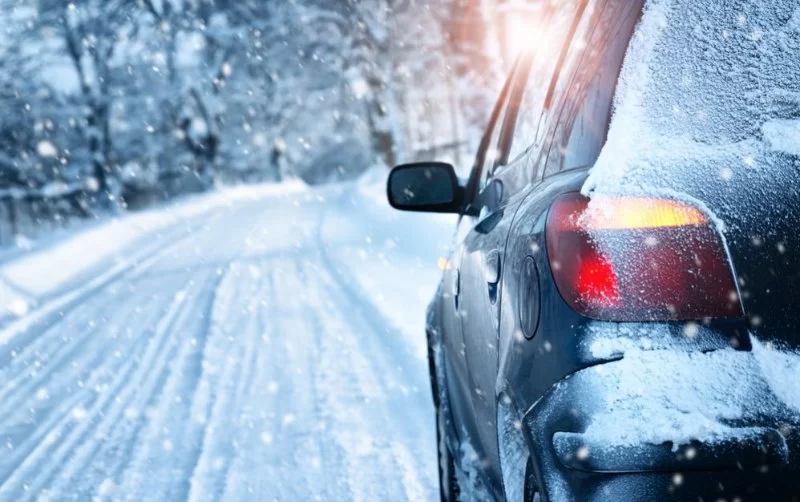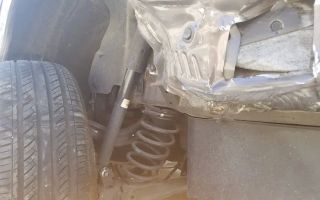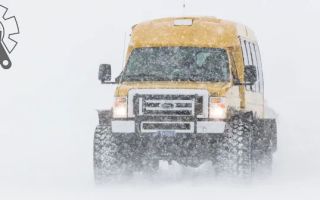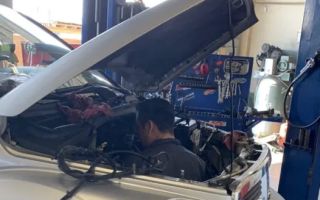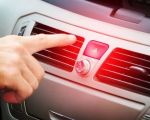- 1 - Understanding the risks of extreme cold driving
- 2 - Preparing your vehicle before hitting the road
- 3 - Essential driving techniques in cold weather
- 4 - Real stories that highlight the importance of preparation
- 5 - Emergency kits and what to carry
- 6 - How Rescue & Towing can support drivers
1. Understanding the risks of extreme cold driving
Driving in subzero conditions is not just uncomfortable—it can be dangerous. Ice, reduced tire traction, frozen brakes, and visibility issues all create challenges. Tips for safe driving in extremely cold weather often emphasize that the first step is acknowledging the risks. When drivers underestimate the cold, even routine trips can turn into emergencies. Recognizing these dangers encourages proper preparation and cautious habits.

AJ's Auto Glass & Detailing
4404 S 84th St, Omaha, NE 68127, USA
2. Preparing your vehicle before hitting the road
A car’s readiness is as important as the driver’s skill. Checking tire pressure, topping off antifreeze, and ensuring the battery is strong enough to handle freezing temperatures are essential. Windshield wiper fluid should be rated for subzero weather to avoid freezing mid-drive. Pre-heating the vehicle for a few minutes before departure can also prevent sudden mechanical failures. These preventive steps drastically reduce the chances of being stranded.

AJ's Auto Glass & Detailing
4404 S 84th St, Omaha, NE 68127, USA
3. Essential driving techniques in cold weather
Safe driving in extreme cold requires adapting your style. Accelerate gently, brake slowly, and increase following distance to account for slippery surfaces. Avoid using cruise control on icy roads, as sudden wheel spins can cause loss of control. On steep hills, steady momentum is safer than quick bursts of speed. Drivers who remain calm and deliberate in their movements often avoid accidents that catch unprepared motorists by surprise.
4. Real stories that highlight the importance of preparation
In early 2022, a major snowstorm left hundreds of drivers stranded on I-95 in Virginia for over 20 hours. Many lacked proper emergency supplies, turning an already stressful situation into a survival challenge. On the other hand, stories of truckers who carried food, blankets, and portable chargers show the difference preparation makes. These real-life events remind us that tips for safe driving in extremely cold weather are more than advice—they are essential practices for survival.
5. Emergency kits and what to carry
An emergency kit should always be in your car during cold months. Key items include blankets, non-perishable food, water, a flashlight, jumper cables, and sand or cat litter for traction. A fully charged phone and portable power bank can be lifesavers if you get stuck. Carrying these items may seem unnecessary until the day they prevent a crisis. Building the habit of equipping your car ensures peace of mind every winter drive.
6. How Rescue & Towing can support drivers
Even with preparation, unexpected breakdowns can happen in severe cold. That’s where professional help becomes invaluable. Rescue & Towing offers reliable support when drivers face emergencies, from jump-starting dead batteries to pulling vehicles out of snowbanks. Knowing there’s a trusted service available not only enhances safety but also provides reassurance to families traveling in harsh winter conditions.

